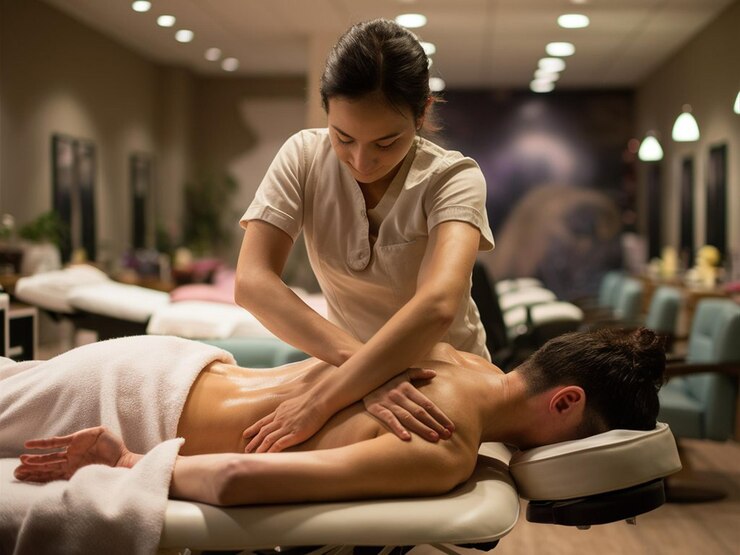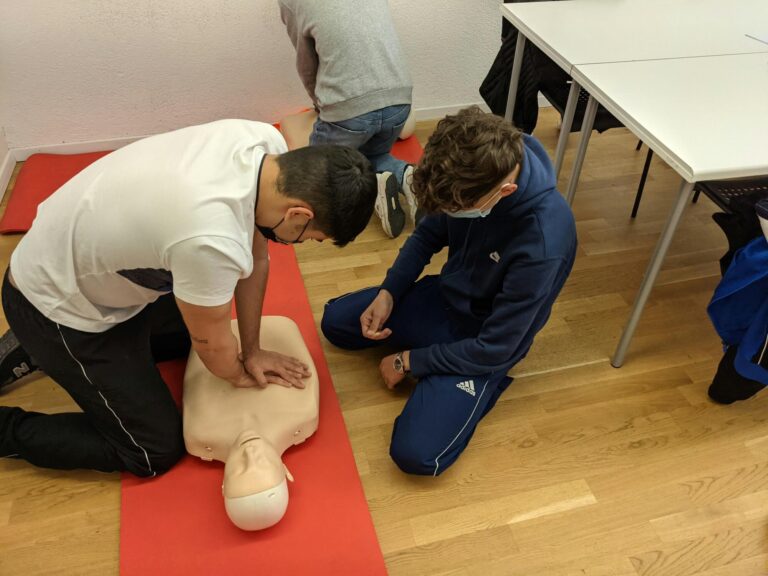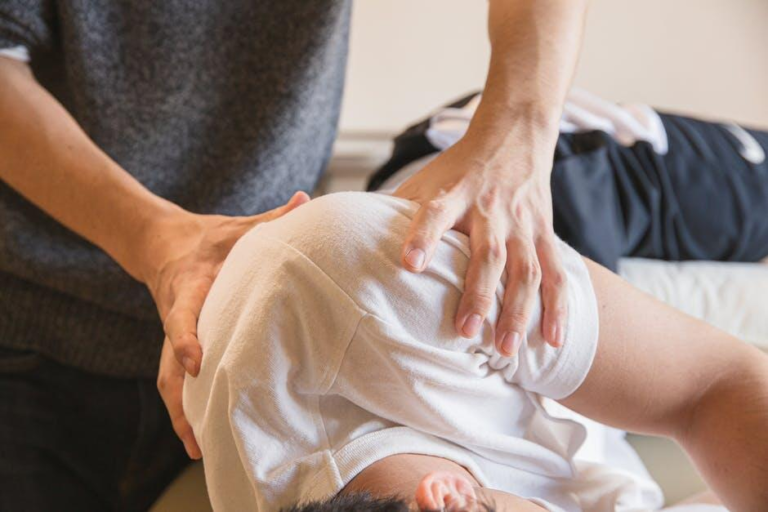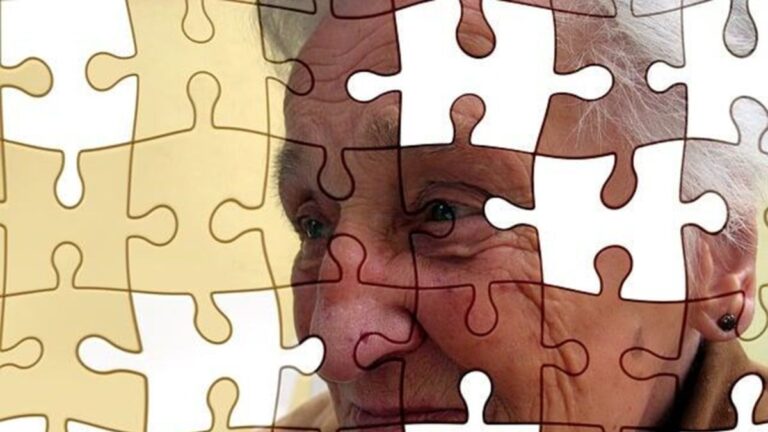The Essential Skills Every Massage Therapist Should Master
A very basic and essential skill one can think of with regard to a Massage Therapist is an in-depth study of the structure of the human body. Moreover, a comprehension of muscles, bones, ligaments, and tendons shall help them in successfully treating clients. This helps the therapists find out the zone of tension and pain so that they can apply the techniques according to each client’s needs. Knowledge of body systems, such as the circulatory and nervous systems, in addition to basic anatomy, also provides considerable insight into how massage can benefit overall health. Many massage therapy schools make sure this is a strong point in their training so that their graduates will be appropriately prepared when working with any customer.
Gaining Skill in Many Massage Modalities
The ability to perform many different types of massage is also crucial to a massage therapist success. Each modality, be it Swedish, deep tissue, sports massage, or anything else, has a different intention and purpose that meets various needs of the client. These methods will allow therapists to bring in holistic approaches to treatment. In addition, being able to identify when and how to apply each technique is another point within the context of ensuring the safety and comfort of the client. For the introduction of new techniques, which is very critical to stay updated in the field and broaden one’s repertoire, it is necessary to continuously attend workshops and seminars.
Effective Communication Skills
To be an effective massage therapist, effective communication is the key, both verbal and non-verbal, as fully comprehending what a client has got to say about his/her concerns and likes is absolutely necessary for proper treatment. They should be proactive in listening and able to direct relevant questions that will determine the needs, comfort levels, and medical history of their clients, which could determine the kind of treatment to be applied. Moreover, the non-verbal signals, body posture, will help in understanding how the client might feel at this session. To create rapport and trust, lucidity in communication creates soiled relationships that make a client feel appreciated and comfortable.
Professionalism and Ethics
One of the most important skills people learn in a massage therapy school is professionalism, professionalism is the number one aspect that needs to be observed. It requires therapists to maintain ethical standards that would not only protect themselves but also the clients. This entails confidentiality, informed consent, and clear boundaries within the session. Understanding and applying these ethical standards provide an opportunity for clients to be in a safe and respectful environment; thus, making it easy for them to return for other services later on. In addition to the ethical standards, professionalism pertains to aspects such as punctuality, appearance, and continuous professional development. A commitment to ethical practice builds a good reputation and earns community trust.
Client-Centered Approach
A massage treatment must be centered on the client. A therapist views the client as an individual-a person with his own needs, preferences, and goals. With that in mind, an appropriate treatment plan is formulated, one that will better meet the objectives of the treatment session. However, it does take time to assess and discuss with the clients their goals in terms of pain relief, relaxation, or injury recovery and enables a therapist to adapt the techniques and approaches appropriate for the individual. Individualized care is not only going to yield better results but also make the clients loyal and satisfied in the longer run.
Time Management and Organization
Among the massage therapists, time management and organizational skills are most important for those who have their own independent practices. Without a good organizational system, appointments, keeping records of the client, and billing can become overwhelming. The therapists have to provide a schedule that would provide ample time with each client and at the same time leave some time for administrative duties. By implementing a reliable scheduling system, it would ensure that clients get due attention and the therapists can maintain their work-life balance. A well-organized practice is also professional and instills confidence in the clients.
Continual Learning and Adaptability
The massage profession is constantly changing, and new techniques, research, and trends are emerging practically every day. All massage therapists should have an interest in continual learning throughout their careers. Workshops, continuing education, and professional organizations provide a wealth of resources and networking opportunities. Being open to change and flexible gives the therapist an edge in fine-tuning his or her skills in such a competitive industry. It is through lifelong learning that professional and personal benefits also trickle down to benefit clients with better services.
The mastery of these basic skills forms the basis for a successful career as a massage therapist. A sound knowledge of anatomy, various techniques, good communication, professionalism, client-centered approach, and good organizational skills will get any therapist on the highway to success. With dedication to lifelong learning, flexibility, massage therapists can have successful careers and offer services which become valuable to clients for their well-being. Time and effort invested in these skills during training at a massage therapy school will pay off in the long run and guarantee a fulfilling and impactful career.







